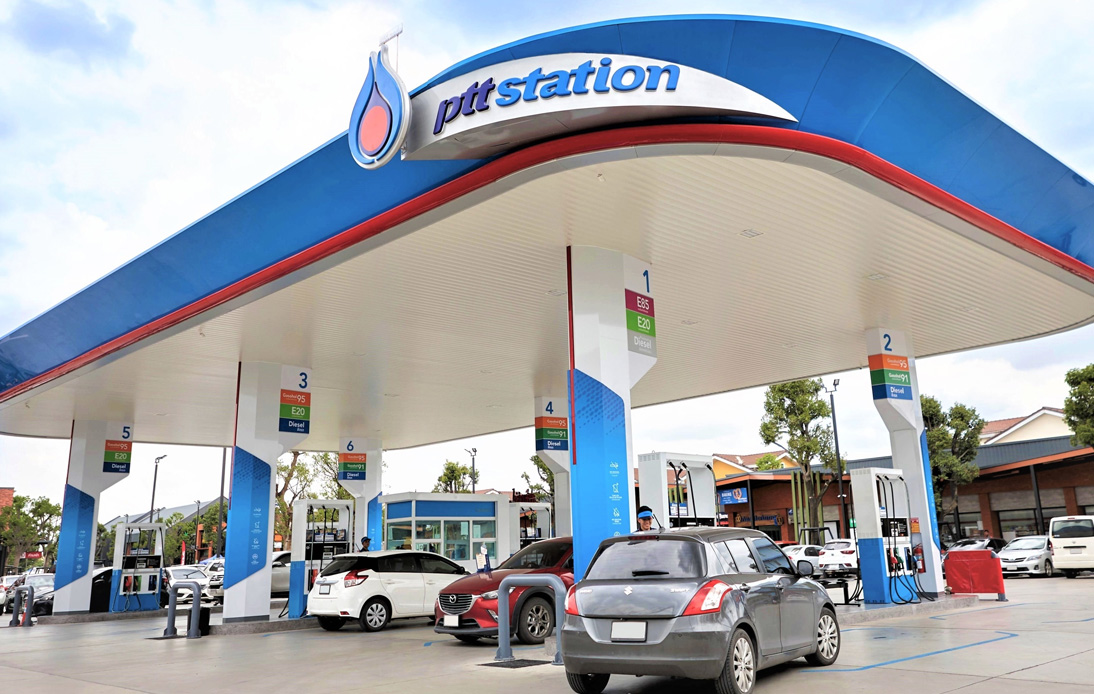
The Ukraine-Russia war’s consequences hit every country in the world, including Thailand, prompting officials to respond to economic concerns with state subsidies.
World oil prices soared and have remained high for the past few months. However, the government has intensified its efforts to curb the increasing prices of diesel, liquefied gas (LPG), and electricity.
Now, those resources have raised bigger concerns. Despite subsidies to support Thais, businesses and households fear a rise in the cost of living.
Thailand started offering pandemic subsidies when the first Covid-19 wave hit the global and local economies. The government has announced that it will continue to subsidize electricity at least until late August after oil prices increased due to the conflict between Russia and Ukraine.
After supporting the diesel and LPG price subsidy programs for months, the state-owned oil and gas conglomerate PTT Plc’s board decided to transfer 3 billion baht to the Oil Fuel Fund, which is heavily indebted. The allocation will be made from July to September.
The announcement came amid controversy over the government’s plan to levy a windfall tax on oil refiners – set to be imposed on part of the oil refinery margin – to boost the fund.
However, subsidizing energy prices has caused even higher inflation in the country and hampered its economic recovery.
The Metropolitan Electricity Authority (MEA) and the Provincial Electricity Authority (PEA), customers of the Electricity Generating Authority of Thailand (Egat), had to give discounts or make rebates to subsidize households’ electricity costs when they were encouraged people to work from home amid the pandemic.
All three agencies were affected by the situation, and the measures cost the authorities 40 billion baht.
In addition, the government issued an emergency loan decree of 1 trillion baht in 2020 to finance the stimulus plans. In 2021, a second decree was issued to borrow a further 500 billion baht.
According to the National Economic and Social Development Council’s secretary general Danucha Pichayanan, years of large loans to help people and businesses have left the government with limited fiscal space to boost the economy.
Thailand also saw its Oil Fuel Fund rack up losses of around 115 billion baht by subsidizing diesel and LPG.
In response, the government and state agencies have had to cut and reduce subsidies to deal with losses and high costs. However, budget restrictions have brought other problems, such as an increase in the retail price of diesel and LPG.




















